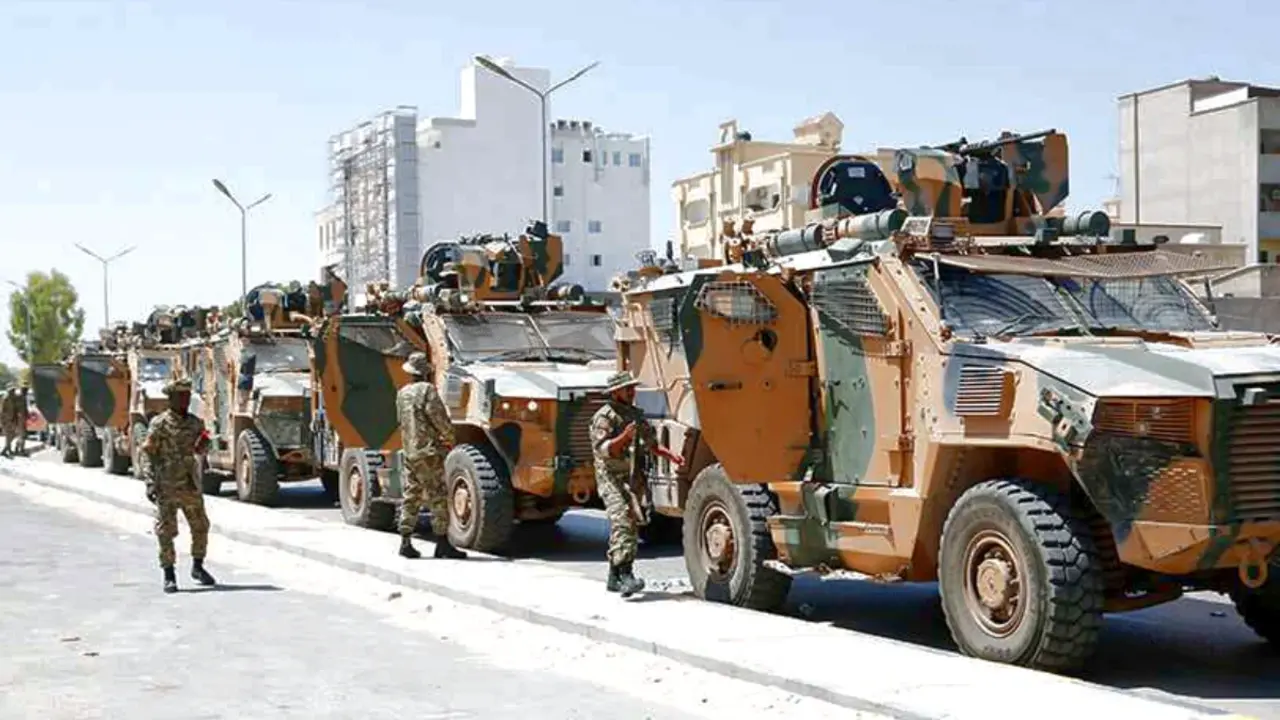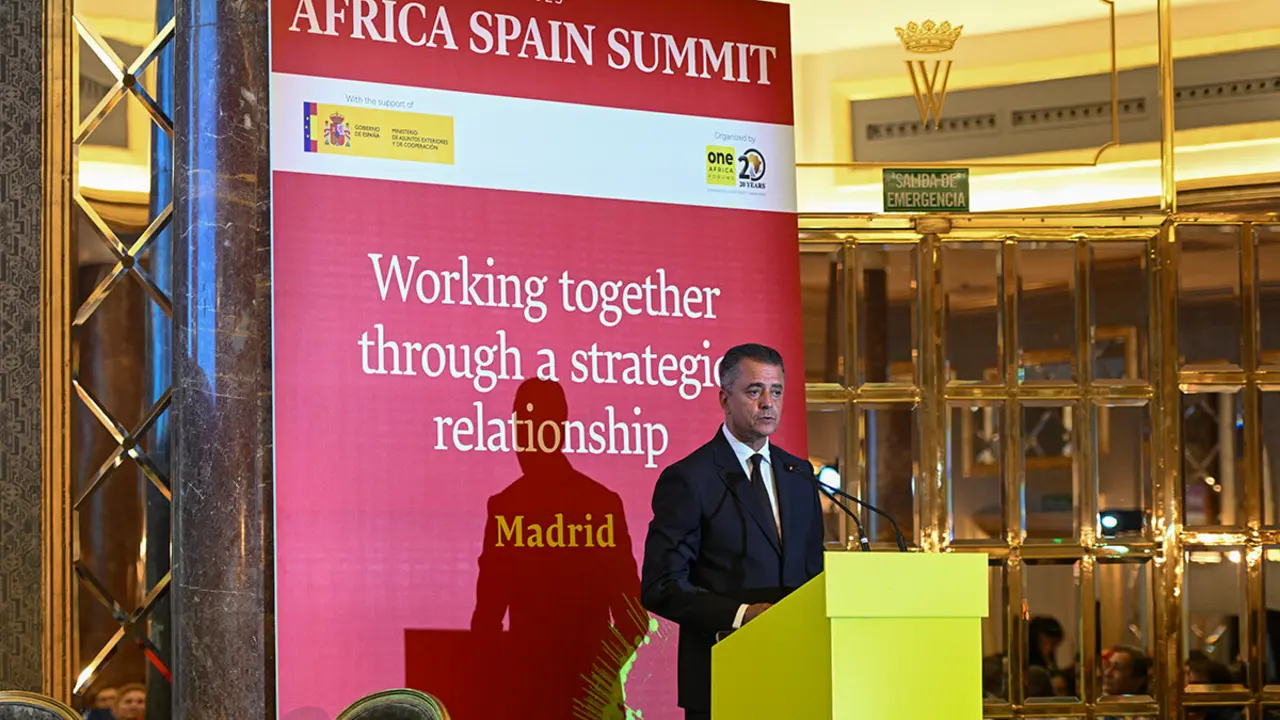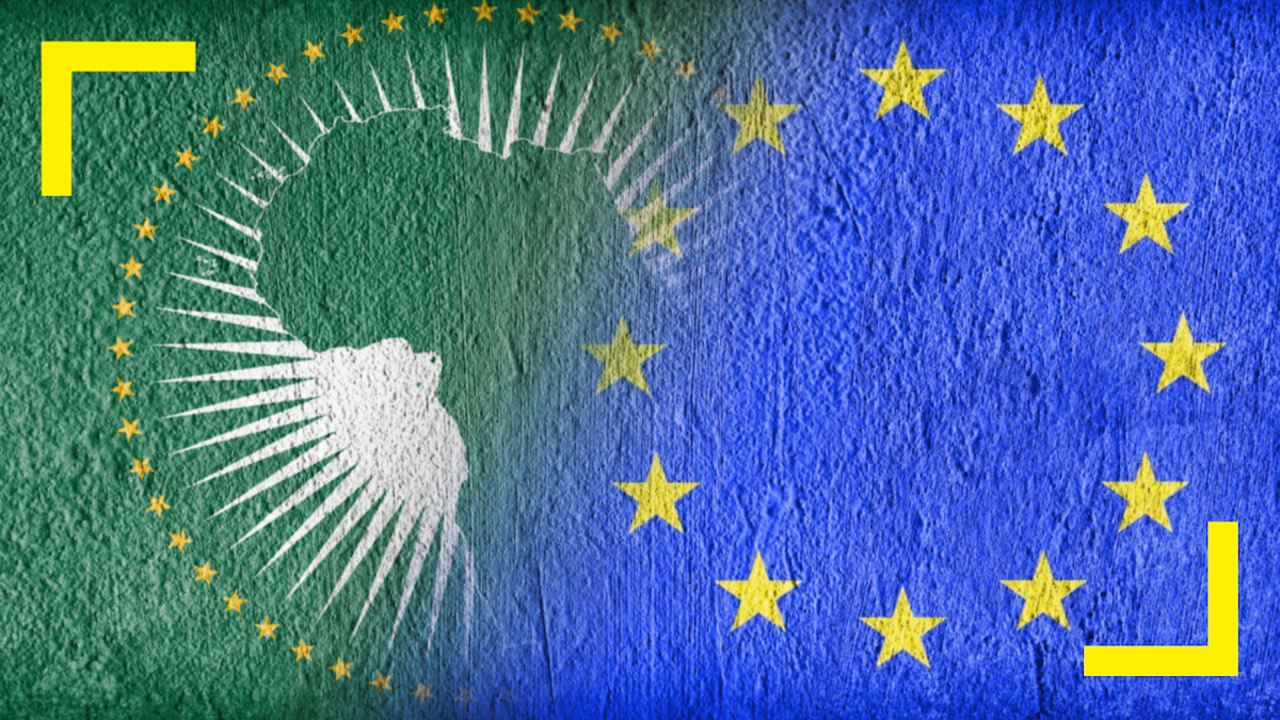The role of Mauritanian and Jordanian foreign ministers at the NATO summit in Madrid

Clearly, they were not the main actors at the Madrid summit. Those roles fell to NATO Secretary General Jens Stoltenberg and the heads of state and government of the 30 North Atlantic Treaty member nations, although some were much more prominent than others, such as US President Joe Biden and Turkey's Recep Tayyip Erdogan.
But it is worth noting that for the first time, two secondary actors qualified as privileged partners of the Alliance also attended an Atlantic summit. Only two of the seven states participating in the NATO-sponsored Mediterranean Dialogue: the Islamic Republic of Mauritania and the Hashemite Kingdom of Jordan.

Both nations were represented by their foreign ministers, Mohamed Salem Merzoug and Ayman Hussein Safadi, respectively. Both were acting under the heading of guest actors, who as such had been invited to the opening day of the great Atlantist forum on 29 June.
Both the Mauritanian and Jordanian heads of state had agreed on an extensive programme of bilateral meetings with many of their Alliance counterparts. With Spain's Jose Manuel Albares, for whom the two countries "help us to better understand these parts of the world". With the newly appointed French minister, Catherine Colonna, Germany's Annalena Baerbock, Turkey's Mevlüt Cavusoglu, US Secretary of State Antony Blinken and many more.

In addition, they shared a table and tablecloth with all NATO foreign ministers. This was at a working dinner on 29 June devoted to discussing the Alliance's problematic southern flank, a borderline that the nations of Central and Northern Europe see as largely unrelated to their concerns about Moscow's future intentions.
Both the Jordanian and Mauritanian foreign policy officials had the opportunity to express their governments' needs and priorities in terms of security, stability of their institutions and the fight against terrorism. But they also discussed the serious repercussions of the war in Ukraine on their food security.

But if Mauritania's coasts are washed by the Atlantic Ocean and Jordan has no access to the Mediterranean, why were these two countries invited? Because the governments of Nouakchott and Amman are key players on NATO's geostrategic chessboard. According to an allied diplomat who prefers not to give his name or position, they were invited because they are "success stories for the Alliance with its partners", despite the fact that neither is a neighbour of the Mare Nostrum. "Moreover, it was not feasible to bring all the members of the Mediterranean Dialogue together in Madrid".
To address the challenges present in the Sahel, a very important Defence Capability Building Package for Mauritania was approved in Madrid, which has not yet been detailed, but which expands and enhances four projects implemented there since the middle of the last decade. In his final press conference, Jens Stoltenberg said that his organisation would provide "intelligence support" and help the Nouakchott government to strengthen its border security, curb irregular migration and fight terrorism in a country that shares a border with unstable Mali.

Mauritania is of paramount importance to NATO. The main reason for Mauritania's preferential position in the hierarchy of NATO partner nations is that it is located at one end of the Sahel belt, the geographic area that runs north-south across the African continent. Islamic terrorist groups proliferate there, threatening the region's governments and trying to export their ideology and actions to the populations of North Africa and the Alliance's South.
The government headed by General Mohamed Ould El Ghazwani is part of the G5 Sahel. Nouakchott, the nation's capital, is the headquarters of the organisation's Secretariat, a coalition established in February 2014 by Burkina Faso, Chad, Niger and Mali - the latter officially left the coalition on 30 June - to promote the development and security of its members, and to fight jihadist groups operating across borders.

And what was the reason for Jordan's presence at the summit? The Hashemite Kingdom has been considered a very reliable partner for decades, so much so that it was included in the Enhanced Opportunity Programme (EOP) at the Wales summit in 2014. Some of its security priorities are similar to Mauritania's, but others are very different. Among the former is the pursuit of regional stability and the fight against terrorism. But it has the historic problem of Palestinian refugees - more than 2 million - and now Syrian refugees, who number more than half a million.
Minister Ayman Hussein Safadi has reiterated to his Alliance counterparts that Jordan is a 'force for peace and stability in the region'. He has sought to expand cooperative ties and has succeeded in doing so, as the dignitaries meeting in Madrid have decided to expand their programmes of support for King Abdullah II. The concerns that the envoy from Amman has learned include reaching a political solution in Syria, supporting stability in Iraq, Lebanon and the Palestinian National Authority, and resolving the global grain shortage caused by the war in Ukraine as soon as possible.

The recently approved Strategic Concept states in point 11 that 'conflicts, fragility and instability in Africa and the Middle East directly affect our security and that of our partners'. It stresses that countries in the Middle East, North Africa and the Sahel face "interconnected security, demographic, economic and political challenges", compounded by "climate change, fragile institutions, health emergencies and food insecurity".
NATO recognises that this provides "fertile ground for the proliferation of non-state armed groups, including terrorist organisations, as well as destabilising and coercive interference by strategic competitors", a clear reference to Russia and its activity in Mali.
The Alliance's roadmap unveiled in the Spanish capital includes irregular mass migration as one of the "hybrid threats" that hostile powers can use to undermine the stability of NATO members. This has been a demand of the European Mediterranean countries, expressly by the Spanish government, which has insisted that the Alliance should qualify its southern flank as a new source of risk to its stability. Pedro Sánchez's government has seen firsthand how migration is used as an instrument of political pressure.









